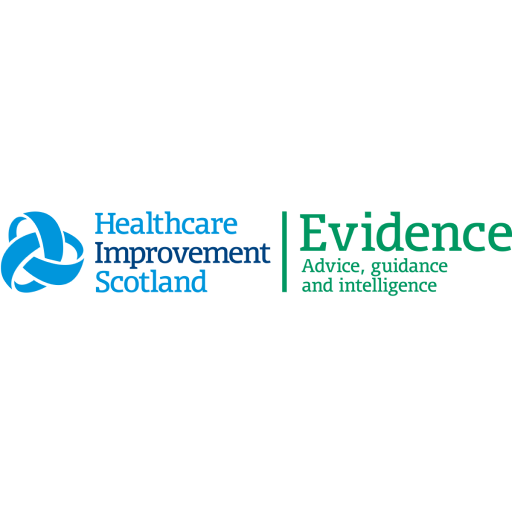Staff with the right training and knowledge ensures the delivery of safe, effective, high-quality, evidence based and person-centred care. Any staff across the health and social care system may interact or provide care to people accessing gender identity healthcare.15 Organisations should ensure staff are provided with training appropriate to their role, responsibilities and workplace setting.
Key to improving access and delivery of gender identity healthcare, is the commitment of organisations to staff training, continued professional development, supervision and support. Staff training, education and support should reference relevant local and national protocols, frameworks, guidance and good practice.1, 11-13, 15, 35
Organisations should review training on a regular basis to ensure it equips staff with the right skills and experience to deliver high-quality gender identity services. Training should also emphasise the importance of multidisciplinary and multiagency working.
The NHS Education for Scotland (NES) Transgender Care Knowledge and Skills Framework provides guidance for clinical and non-clinical staff to improve their knowledge and skills.15 Organisations should use the framework to assess staff training needs, gaps in learning and staff wellbeing. This should be implemented alongside resources which support staff to deliver respectful and compassionate care and communication in gender identity healthcare.10, 12, 13, 15, 38-43
Healthcare staff are required to uphold the relevant standards of their regulator or professional body. Staff should also ensure they remain up to date on any relevant guidance that is issued and implement this accordingly.
Staff should have training to understand what matters to people, including the impact of culture, social support and relationships. This will help to ensure staff provide responsive support. Services should take into account barriers people may face in accessing services, for example the barriers faced by disabled people, or those living in island or rural communities. Training should be informed and shaped by the experiences of people with lived experience, where appropriate.
Specialist gender identity services’ staff should be supported to work in partnership with other services and agencies to support external training, where appropriate. Staff should also be supported to undertake quality improvement activities so that gender identity services continuously improve.
